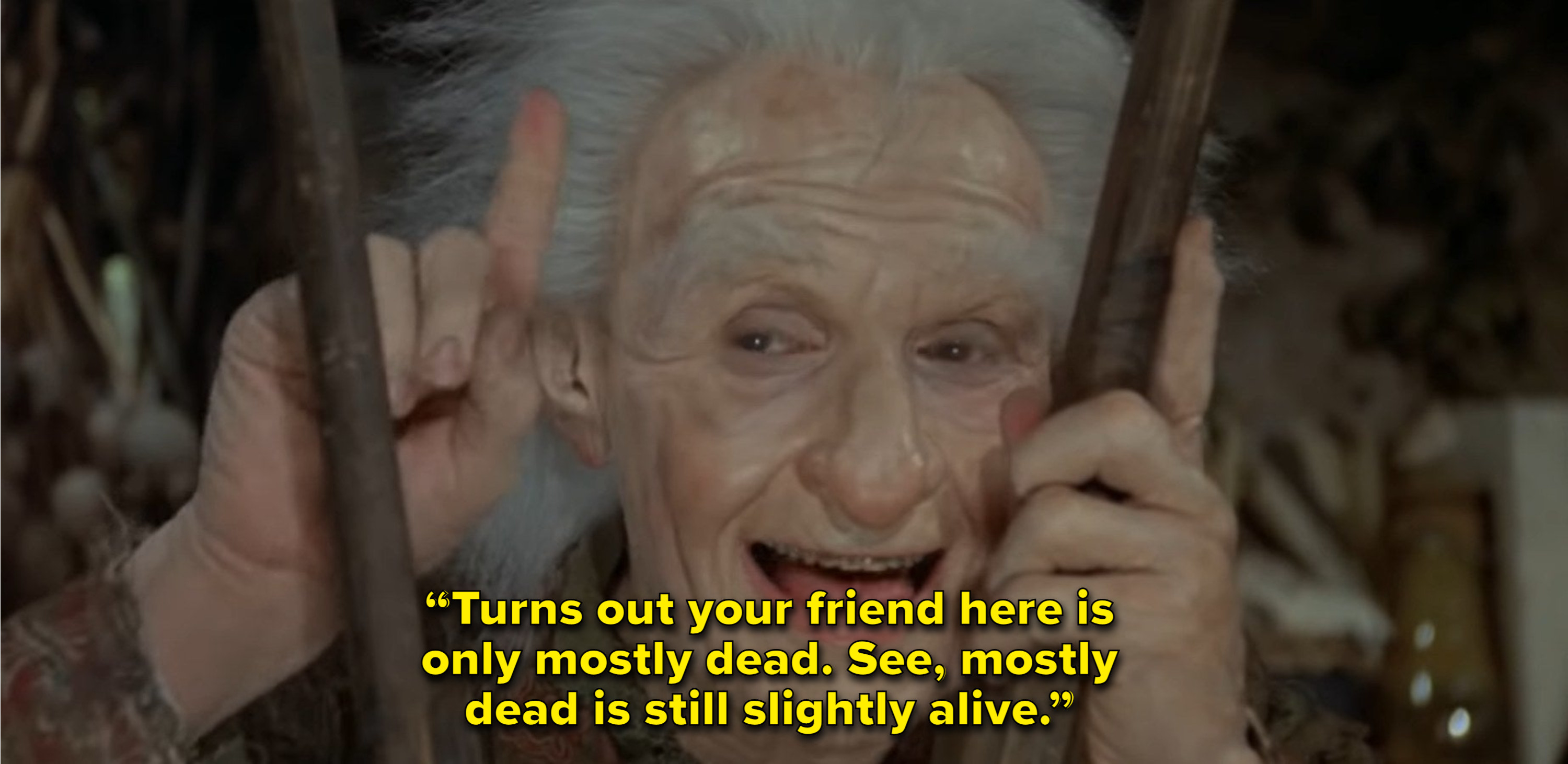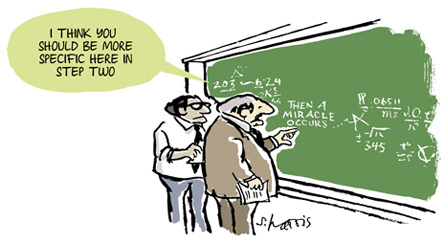
Posted on 12/10/2024 5:04:28 PM PST by Red Badger
University of Tokyo researchers have created a mathematical framework for cellular death, offering new tools to study and potentially control life-death transitions in biological systems.
Researchers are redefining the criteria that determine whether a cell is considered alive or dead.
Cellular death is a fundamental concept in biological sciences. Despite its importance, its definition varies depending on the context in which it occurs and lacks a general mathematical definition.
Researchers from the University of Tokyo propose a new mathematical definition of death based on whether a potentially dead cell can return to a predefined “representative state of living,” which are the states of being that we can confidently call “alive.” The researchers’ work could be useful for biological researchers and future medical research.
While it’s not something we like to think about, death comes for us all eventually, whether you’re an animal, a plant, or even a cell. And even though we can all differentiate between what is alive and dead, it might be surprising to know that death at a cellular level lacks a widely recognized mathematical definition.

An overview of the researchers’ ideas. Credit: 2024 Illustration by Ivana Duic Urushibata. CC-BY-ND
Given that cell death plays such an important role in various biological processes and can have important health implications, it’s of critical importance to understand what we really mean by cellular death, especially in research.
A Mathematical Approach to the Life-Death Boundary
“My long-term scientific goal is to understand the inherent difference between life and nonlife, mathematically; why the transition from nonlife to life is so difficult, while the other way around is so easy,” said Assistant Professor Yusuke Himeoka from the Universal Biology Institute. “Our aim in this project was to develop a mathematical definition and computational method to quantify the life-death boundary. We were able to do this by exploiting an important feature of biological reaction systems, specifically enzymatic reactions within cells.”

There’s a thin line between the living and the dead, and for cells, it depends on whether chemical processes that shut down can be returned to their active states. Credit: 2024 Illustration by Ivana Duic Urushibata. CC-BY-ND
Himeoka and his team proposed a mathematical definition of cell death. It’s based on the way cellular states including metabolism can be controlled by modulating the activities of enzymes. They define dead states as those states from which cells cannot return to an apparent “living” state, regardless of the modulation of any biochemical processes. This led them to develop a computational method for quantifying the life-death boundary, which they call “stoichiometric rays.”
The method was developed by focusing on enzymatic reactions and the second law of thermodynamics, which states that systems naturally move from ordered to disordered states. Researchers could use these methods to better understand, control, and possibly even reverse, cellular death in controlled lab experiments.
“This method of computation is not applicable to autonomic systems, however, the systems which make the machinery for control, such as proteins. Autonomy is one of the hallmarks of living systems. I would like to extend our method so that it can also be applied to these,” said Himeoka. “We naively believe that death is irreversible, but it is not so trivial and does not have to be the case. I believe that should death become more under our control, human beings, our understanding of life, and society will change completely. In this sense, understanding death is crucial in terms of science and social implications.”
Reference:
“Theoretical basis for cell deaths”
by Yusuke Himeoka, Shuhei A. Horiguchi and Tetsuya J. Kobayashi, 27 November 2024, Physical Review Research.
DOI: 10.1103/PhysRevResearch.6.043217


I do not think we need to go here. We should not be playing God.


If you reduce life or death down to a mathematical formula, then somebody will forget to carry a one..............
Oh, dear Lord. Don’t give Soros hope.
(except in Jesus Christ)

It won’t end well.
Immortality would kill of the species faster than ebola.
How do you say Herr Frankenstein in Japanese?
I’m going on to my reward, not coming back as a zombie. Although I suppose that could be cool. For a while.
If you reduce life or death down to a mathematical formula, then somebody will forget to carry a one..............
Excellent point and very well put. Government, pharma, and “public health officials”, are not good at details. A disaster will occur due to negligence and a simple error.
The fact remains, from dust we came and to dust we shall return. Man cannot change that fact.
Death is not final: you will be resurrected and face one or the other of two judgments.
I saw that movie ‘Re-Animator’, and it’s sequels. It can be done. And should.

I’m not going through anything like this. One time is almost more than we can bare for this only life, besides my love is waiting for me on the other side. I’m packing my wings.
I don’t know about mathematical definitions but I’d define cell death as ‘doesn’t work anymore.’
And I’m not a biologist either! :)
Did you mean to post that on the Mitch McConnell took a fall thread? ;P
The cells of our body have nothing to do with playing God.
Whatever we do, they will die eventually.
I’m sure people thought we were playing God when transplants started.
Heck, I bet even some thought that penicillin interfered with the natural order of things.
If this can help some diseases or suffering, great.
They’re not gonna bring the dead back to life.
Disclaimer: Opinions posted on Free Republic are those of the individual posters and do not necessarily represent the opinion of Free Republic or its management. All materials posted herein are protected by copyright law and the exemption for fair use of copyrighted works.